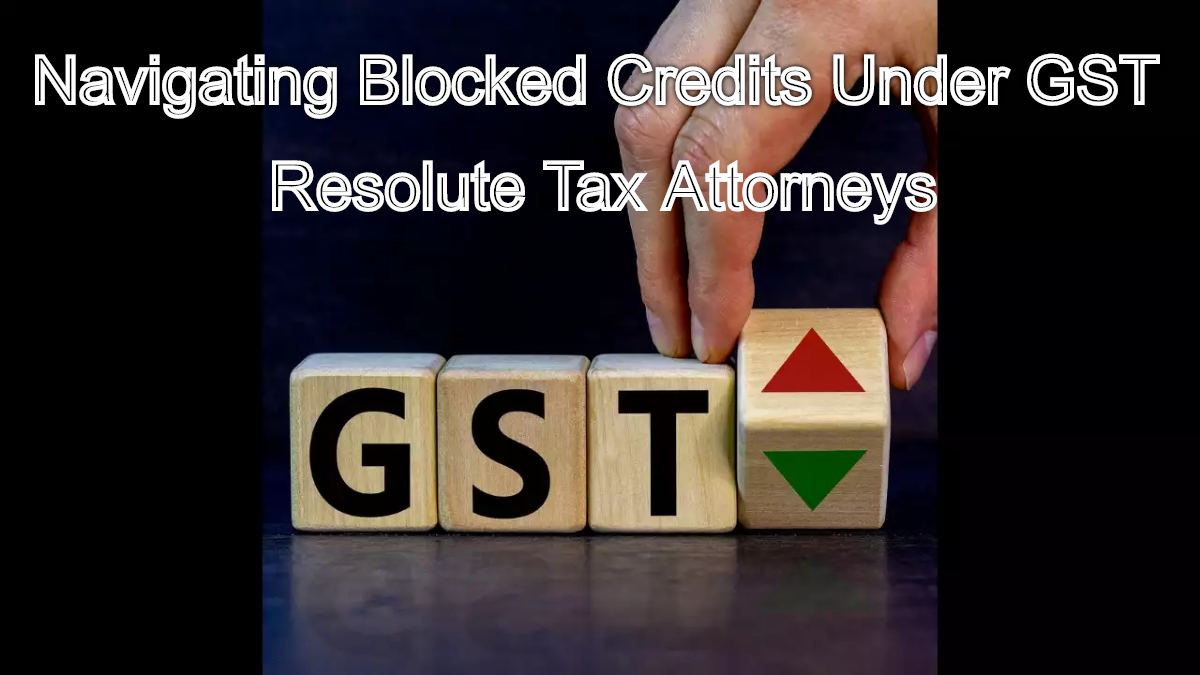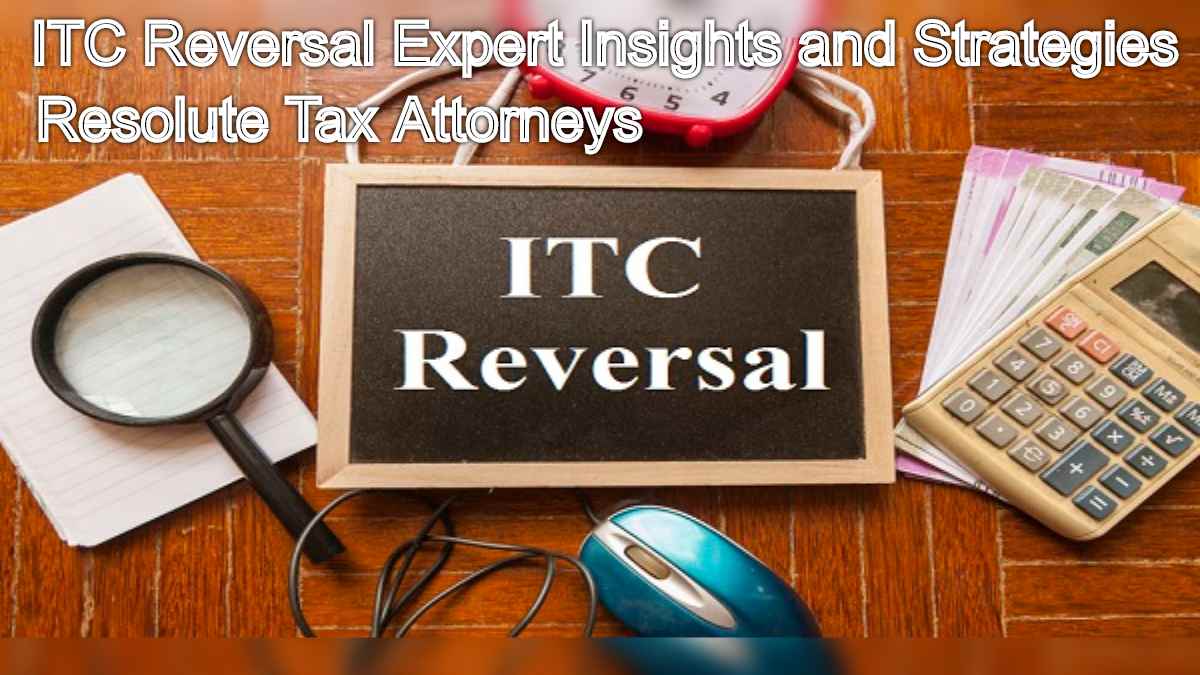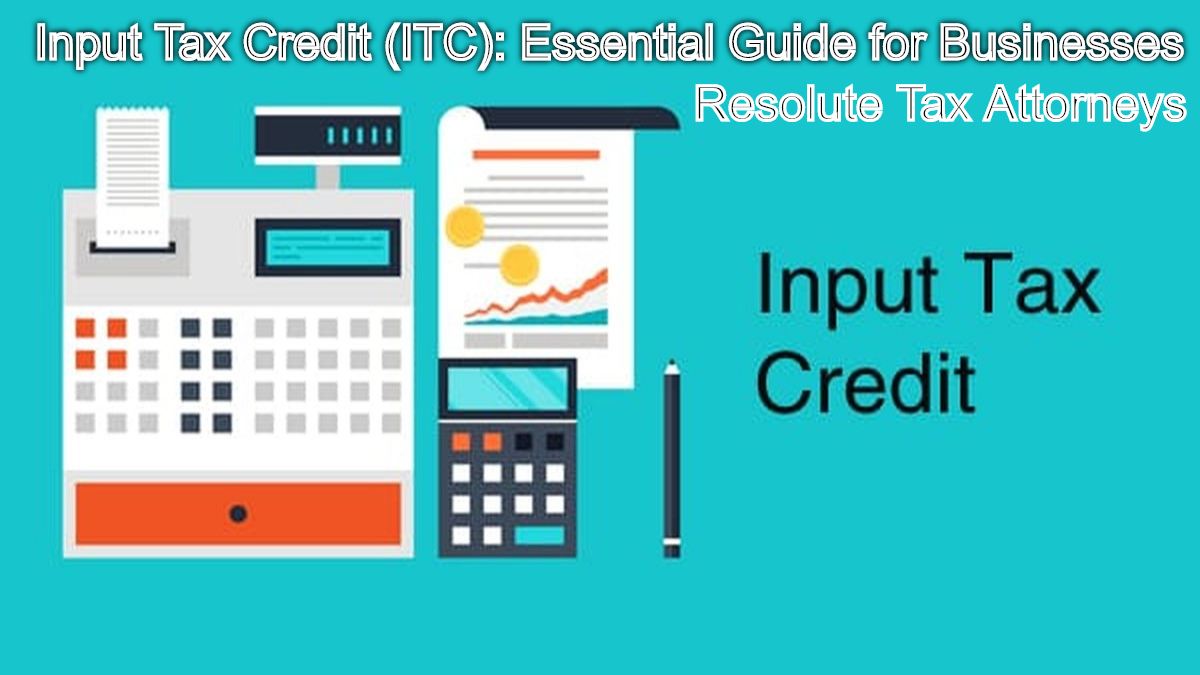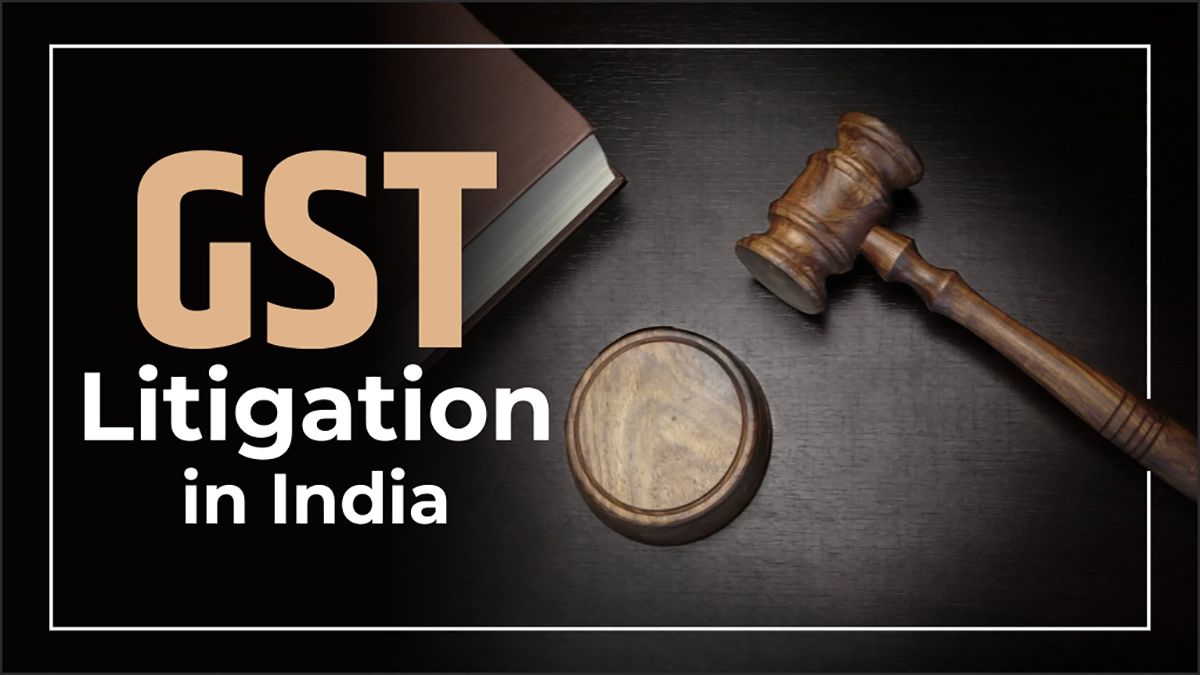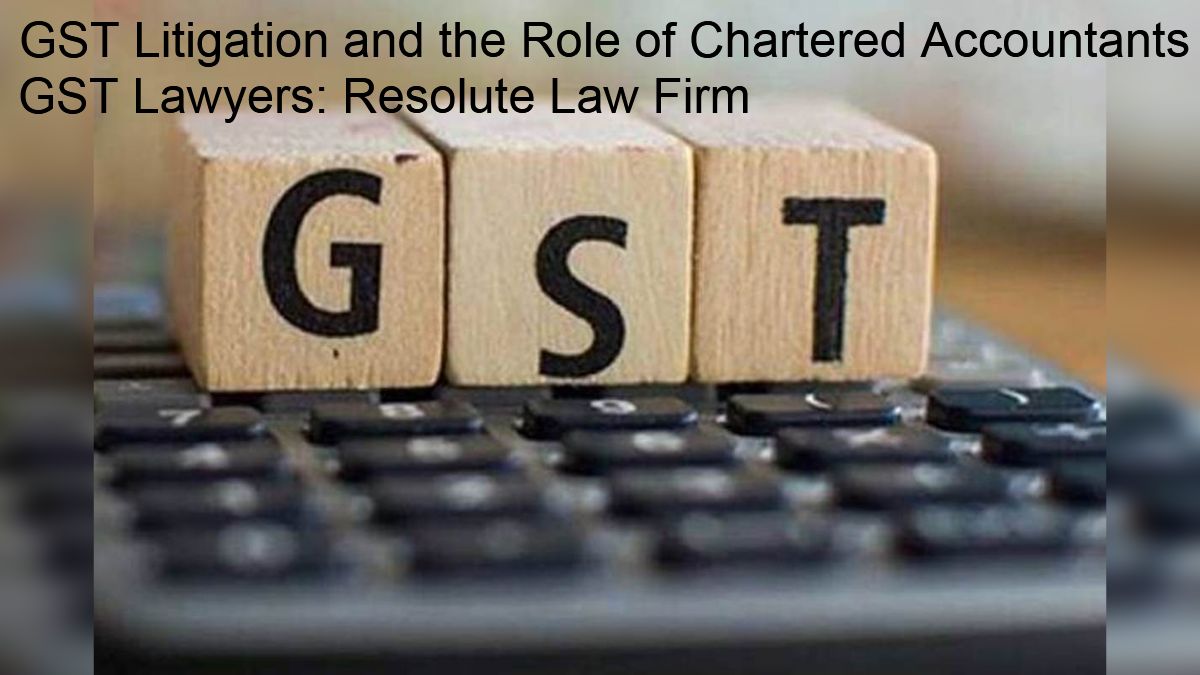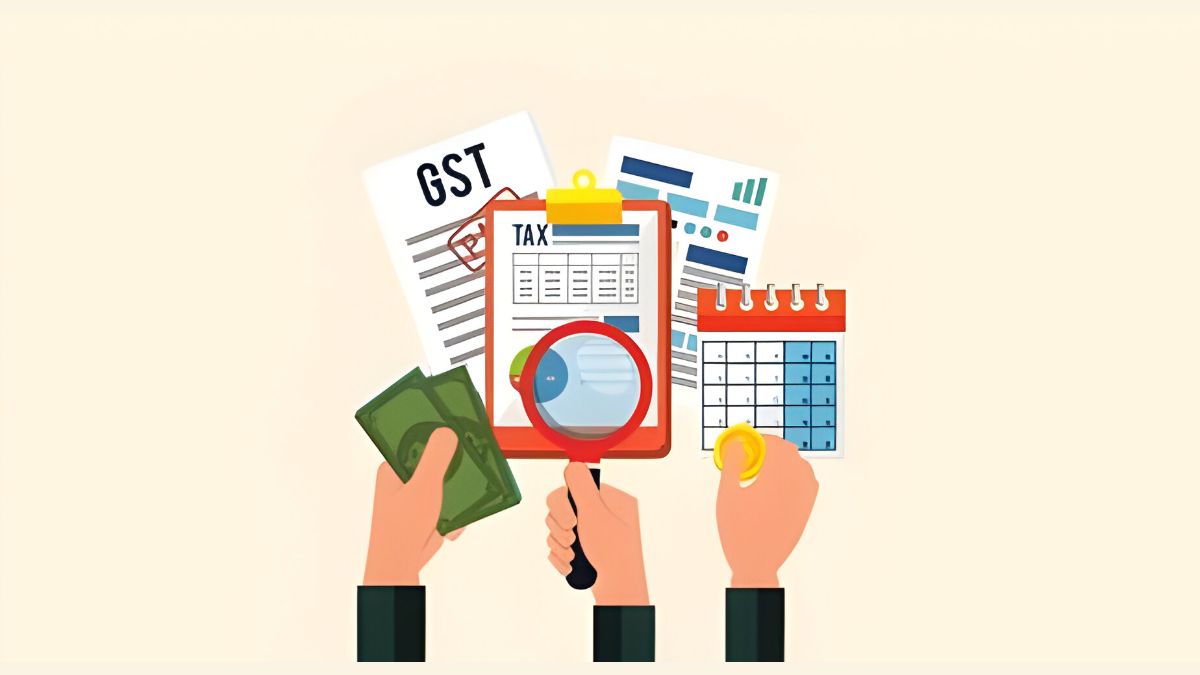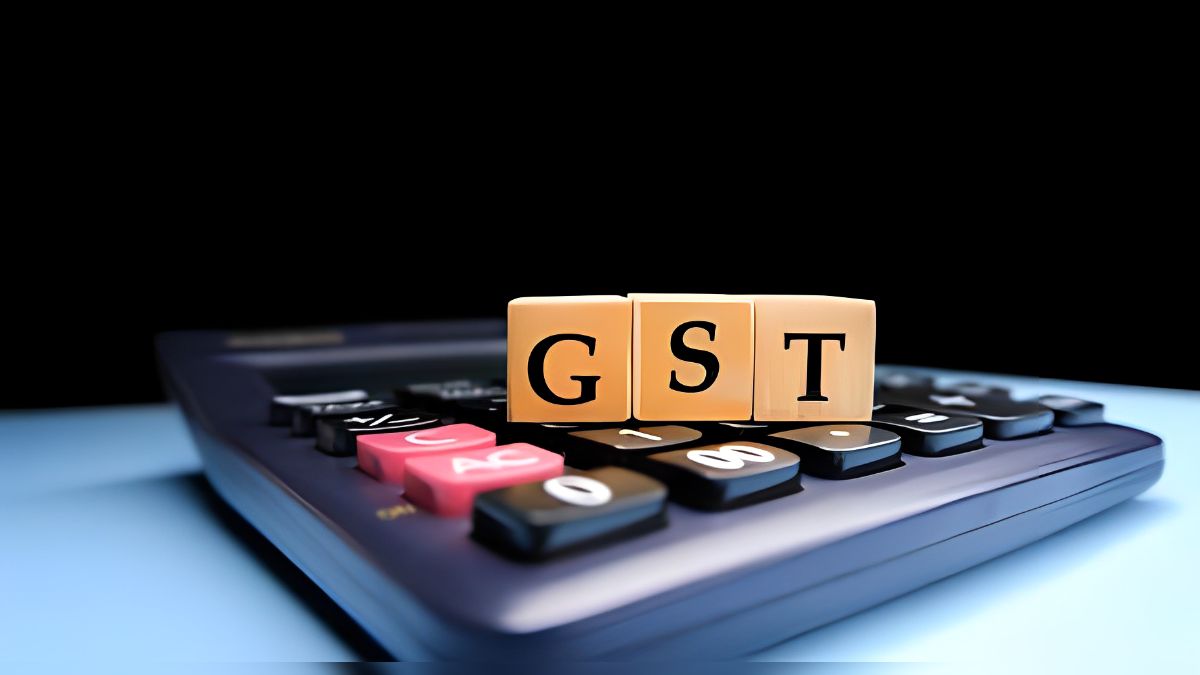The implementation of GST in India revolutionized the tax landscape, unifying multiple indirect taxes. Consequently, understanding GST litigation is crucial for navigating complex tax disputes effectively. This article provides a comprehensive guide to GST litigation and taxation in India. Additionally, it explores the basics of GST, the structure of taxation, and regulatory frameworks. Through real-life case studies, readers gain insights into common GST litigation scenarios. Furthermore, effective strategies and recent developments in GST law are highlighted to equip taxpayers and legal practitioners. Notably, the role of tax lawyers in GST disputes is emphasized, underscoring the importance of legal representation. Therefore, stay tuned for valuable insights on GST compliance best practices and emerging trends in GST litigation.
GST Litigation and Taxation in India: A Comprehensive Guide – Resolute Tax Attorneys [Tax Lawyers]
Introduction
In India, the Goods and Services Tax (GST) stands as a transformative tax reform, unifying various indirect taxes under one umbrella. Understanding the nuances of GST litigation is crucial for businesses and individuals alike.
Brief Overview of GST in India
The implementation of GST in India, effective from July 1, 2017, marked a significant shift in the country’s tax regime. It replaced multiple indirect taxes, such as excise duty, service tax, and value-added tax (VAT), streamlining the taxation system.
Importance of Understanding GST Litigation
GST litigation refers to legal disputes arising from GST-related matters, including compliance issues, tax assessments, and refund claims. A comprehensive understanding of GST litigation is essential to navigate through the complexities of tax laws and regulations.
Understanding GST
Basics of Goods and Services Tax
GST is a destination-based consumption tax levied on the supply of goods and services at each stage of the supply chain. It operates on the principle of value addition, wherein taxes are levied only on the value added at each stage of production or distribution.
GST Structure in India
The GST structure in India comprises three main components: Central Goods and Services Tax (CGST), State Goods and Services Tax (SGST), and Integrated Goods and Services Tax (IGST). CGST and SGST are levied by the central and state governments, respectively, on intra-state supplies, while IGST is applicable to inter-state transactions.
GST Laws and Regulations
Overview of GST Acts and Amendments
The GST framework in India is governed by various laws, including the Central Goods and Services Tax Act, the Integrated Goods and Services Tax Act, and the State Goods and Services Tax Act. Additionally, amendments and notifications issued by the government further shape the GST landscape.
Key Regulatory Bodies Involved in GST
Several regulatory bodies play a pivotal role in administering and enforcing GST laws in India. These include the Goods and Services Tax Network (GSTN), the Central Board of Indirect Taxes and Customs (CBIC), and the Goods and Services Tax Council, which collectively oversee GST compliance and implementation.
GST Litigation Process
Initiating GST Litigation: Overview
The process of initiating GST litigation involves filing complaints, appeals, or petitions with the appropriate authorities in cases of tax disputes, non-compliance, or grievances related to GST provisions.
Preparing for GST Dispute Resolution
Preparation for GST Litigation and Taxation dispute resolution entails gathering relevant documents, evidence, and legal opinions to support one’s case. It also involves understanding the procedural requirements and timelines for filing appeals or representations before the tax authorities.
Types of GST Litigation
Input tax credit (ITC) disputes commonly arise from issues such as ineligible credits, mismatched invoices, or non-compliance with documentation requirements. Resolving ITC disputes requires careful scrutiny of input tax claims and adherence to prescribed procedures.
Classification and Valuation Disputes
Classification and valuation disputes involve disagreements over the categorization of goods or services under specific GST tariff headings and the determination of their taxable value. These disputes often necessitate interpretation of GST Litigation and Taxation laws and judicial precedents to arrive at a resolution.
Common GST Litigation and Taxation Scenarios
Non-Compliance and Penalties
Non-compliance with GST provisions, including delayed filings, incorrect returns, or underpayment of taxes, may result in penalties, fines, or legal proceedings. Adherence to GST compliance requirements is essential to mitigate the risk of punitive action.
GST Audit and Investigation Challenges
GST audits and investigations conducted by tax authorities aim to verify the accuracy and completeness of taxpayer filings and disclosures. Challenges in GST audits may arise from complex transactions, voluminous data, or discrepancies in documentation, necessitating robust compliance mechanisms.
Resolving GST Disputes
Administrative Remedies for GST Disputes
Administrative remedies for GST Litigation and Taxation disputes involve recourse to mechanisms such as rectification, revision, or review within the tax administration framework. Timely communication and collaboration with tax officials are key to expediting dispute resolution through administrative channels.
Alternative Dispute Resolution Mechanisms
Alternative dispute resolution mechanisms, including mediation, conciliation, and arbitration, offer parties an opportunity to resolve GST disputes amicably outside the traditional judicial process. These mechanisms promote efficiency, confidentiality, and cost-effectiveness in dispute resolution.
Judicial Remedies for GST Litigation and Taxation
Filing Appeals Before Appellate Authorities
Taxpayers aggrieved by adverse decisions of tax authorities have the right to appeal before appellate authorities, including appellate tribunals, quasi-judicial bodies, and higher courts. Appellate proceedings entail presentation of legal arguments, evidence, and precedents to substantiate the grounds of appeal.
Legal Proceedings in GST Tribunals and Courts
Legal proceedings in GST tribunals and courts involve adjudication of disputes through judicial forums, including the Goods and Services Tax Appellate Tribunal (GSTAT), High Courts, and the Supreme Court of India. Litigation strategies, procedural rules, and case precedents guide the presentation and defense of legal positions.
Case Studies: GST Litigation and Taxation
Real-Life Examples of GST Disputes and Resolutions
Examining real-life case studies provides insights into the complexities and challenges of GST litigation, as well as the factors influencing judicial decisions and outcomes. Analysis of landmark cases offers valuable precedents and lessons for taxpayers and legal practitioners.
Lessons Learned from GST Litigation Cases
Drawing lessons from GST Litigation and Taxation cases underscores the importance of proactive compliance, effective dispute management, and strategic legal representation. Understanding the nuances of case law and judicial interpretations enhances preparedness and resilience in navigating GST disputes.
Role of Tax Lawyers in GST Litigation
Importance of Legal Representation in GST Disputes
Tax lawyers play a pivotal role in representing taxpayers’ interests, advocating for their rights, and navigating the intricacies of GST Litigation and Taxation. Legal expertise, strategic guidance, and negotiation skills are essential attributes of effective representation in GST disputes.
Qualities to Look for in a GST Tax Lawyer
Selecting a competent GST tax lawyer requires consideration of factors such as domain expertise, track record of success, and client testimonials. Effective communication, transparency, and trust are critical elements of a collaborative attorney-client relationship in GST litigation.
Effective Strategies for GST Litigation and Taxation
Document Management and Evidence Collection
Effective document management and evidence collection are indispensable components of GST litigation strategy, enabling parties to substantiate their claims, refute allegations, and establish the merits of their case. Document retention policies, data analytics tools, and forensic techniques enhance evidentiary support in litigation proceedings.
Negotiation Techniques in GST Litigation and Taxation Disputes
Negotiation techniques, including mediation, settlement conferences, and structured negotiations, offer opportunities for mutually acceptable resolutions of GST disputes outside the courtroom. Principled negotiation principles, active listening, and creative problem-solving foster constructive dialogue and compromise among parties.
Recent Developments in GST Law
Updates in GST Legislation and Case Law
Recent developments in GST legislation and case law reflect evolving interpretations, precedents, and policy changes impacting taxpayers and legal practitioners. Stay abreast of legislative amendments, judicial rulings, and regulatory updates to navigate the dynamic landscape of GST Litigation and Taxation compliance.
Implications for Taxpayers and Legal Practitioners
The implications of recent developments in GST law extend to taxpayers, businesses, and legal practitioners, shaping compliance strategies, risk management frameworks, and litigation tactics. Understanding the practical implications and application of new laws and precedents is essential for informed decision-making and strategic planning.
Best Practices for GST Litigation and Taxation Compliance
Proactive Measures to Avoid GST Litigation
Proactive measures to avoid GST litigation encompass compliance audits, internal controls, and risk mitigation strategies aimed at identifying and addressing potential areas of non-compliance or exposure. Robust compliance frameworks, training programs, and periodic assessments promote a culture of compliance and accountability within organizations.
Compliance Checks and Internal Audits
Compliance checks and internal audits serve as preventive measures to identify, rectify, and mitigate risks of GST non-compliance, errors, or omissions. Regular reviews of tax filings, reconciliations, and documentation ensure accuracy, completeness, and timeliness in GST compliance, fostering trust and credibility with tax authorities.
GST Litigation and Taxation: Future Trends
Anticipated Changes in GST Regulations
Anticipated changes in GST regulations may include legislative reforms, policy initiatives, and procedural enhancements aimed at simplifying compliance, reducing litigation, and promoting tax certainty. Stay informed about proposed amendments, consultations, and stakeholder feedback to anticipate and adapt to regulatory changes proactively.
Emerging Issues in GST Litigation
Emerging issues in GST Litigation and Taxation encompass evolving interpretations, unresolved controversies, and emerging trends shaping the legal landscape. Analyze emerging issues such as e-commerce taxation, cross-border transactions, and digital economy challenges to anticipate potential areas of dispute and mitigate associated risks.
Conclusion
Summary of Key Points
In conclusion, navigating GST Litigation and Taxation requires a nuanced understanding of tax laws, procedural requirements, and dispute resolution mechanisms. From proactive compliance measures to effective representation and strategic advocacy, stakeholders must adopt a holistic approach to manage risks, resolve disputes, and safeguard their interests in the dynamic landscape of GST taxation.
Read More
Importance of Seeking Legal Counsel for GST Matters
Seeking legal counsel for GST matters is crucial due to the complexities of tax laws. Furthermore, experienced GST Litigation and Taxation lawyers can help address GST challenges effectively. Collaborate closely with them to mitigate risks in litigation and compliance matters. Ultimately, achieve favorable outcomes by leveraging their expertise.

